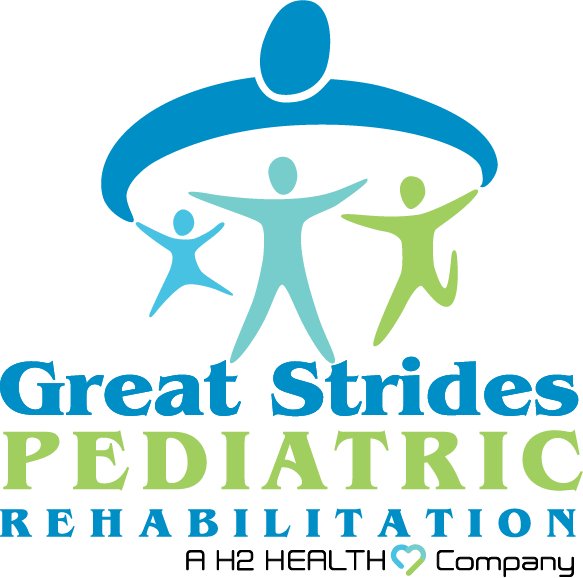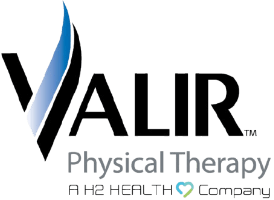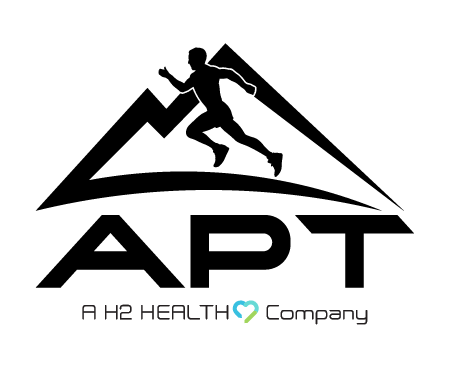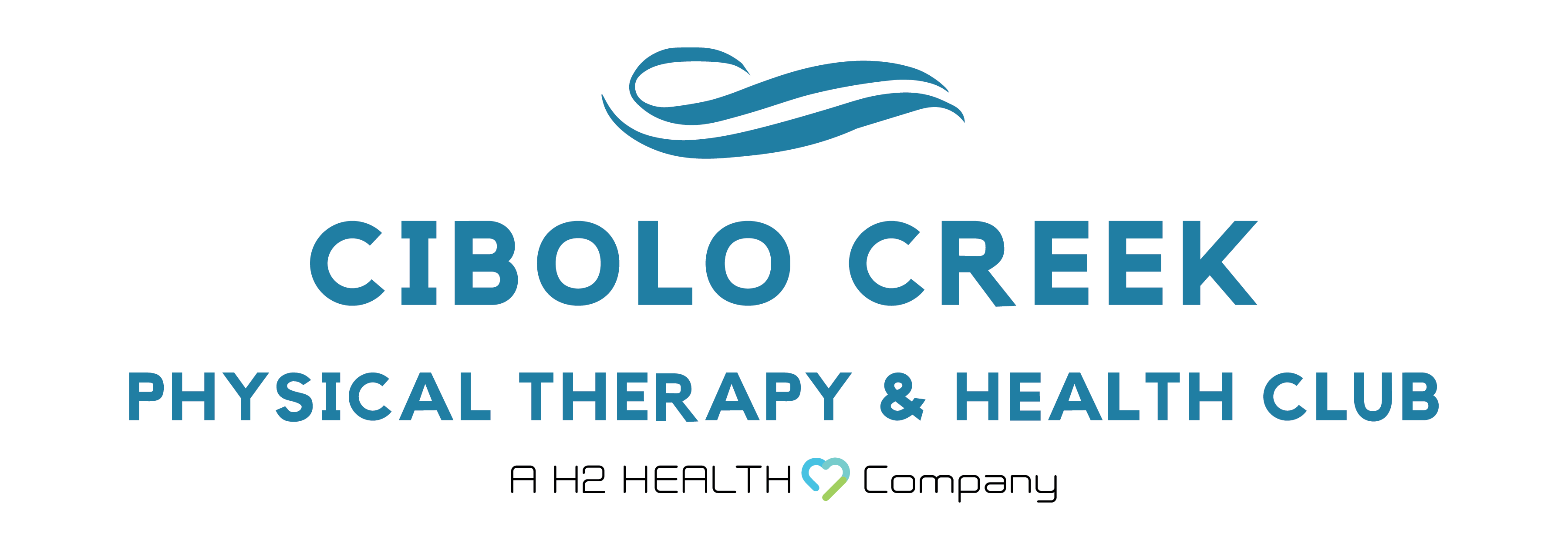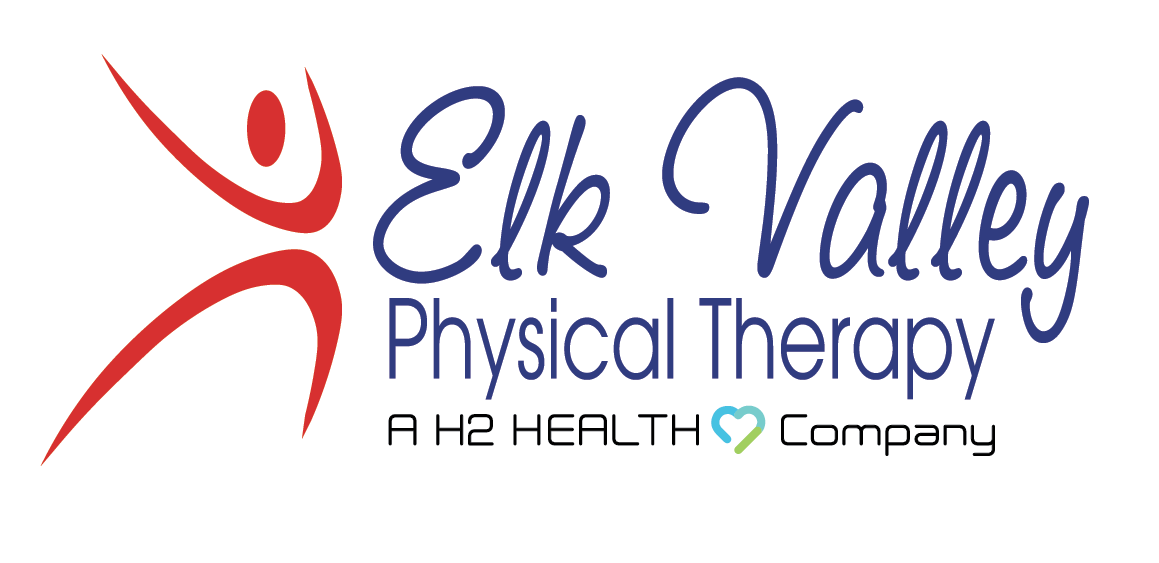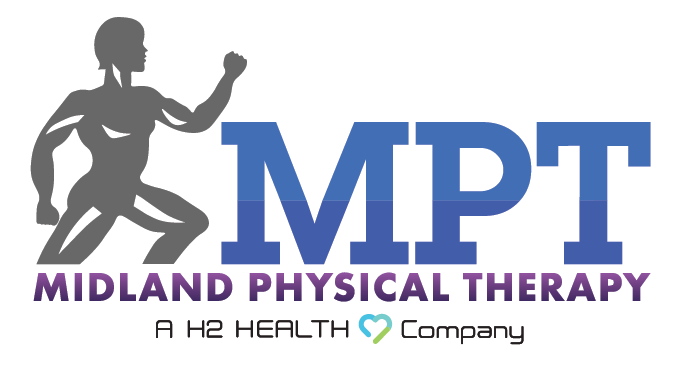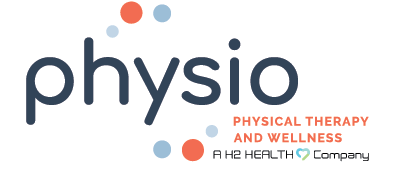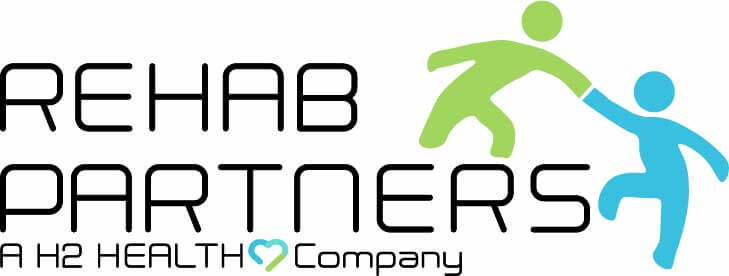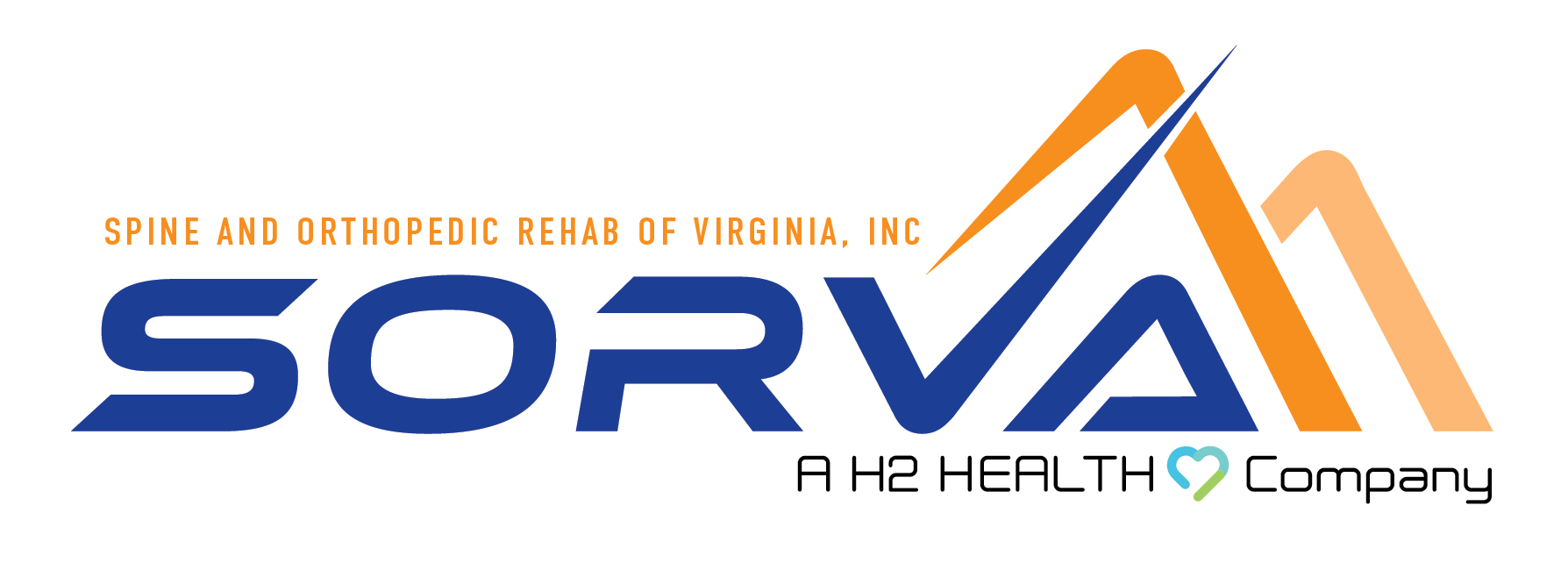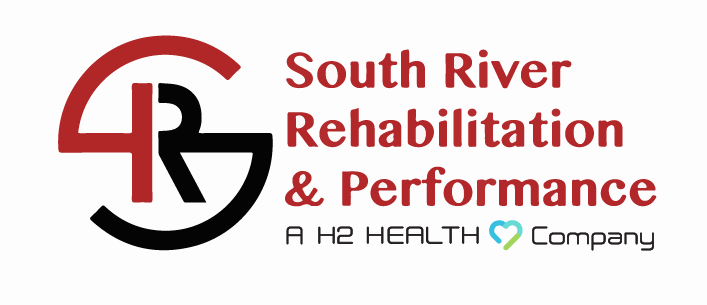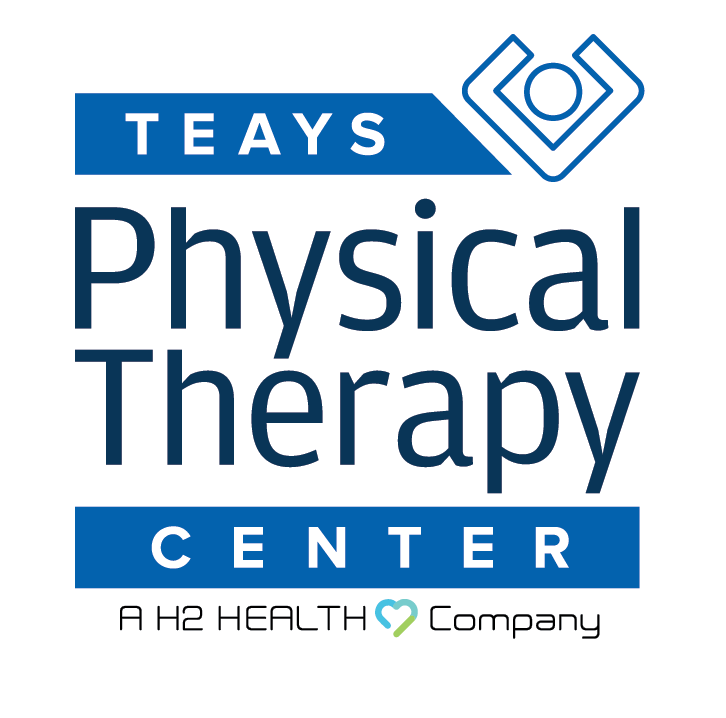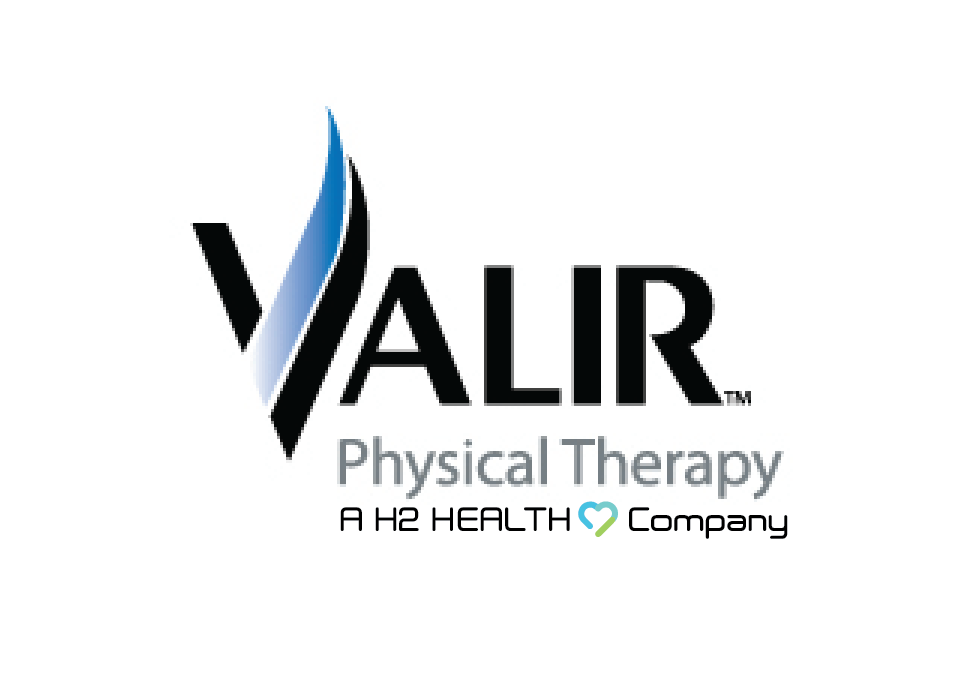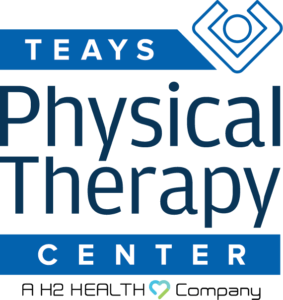TEAYS VALLEY JOINT REPLACEMENT THERAPY
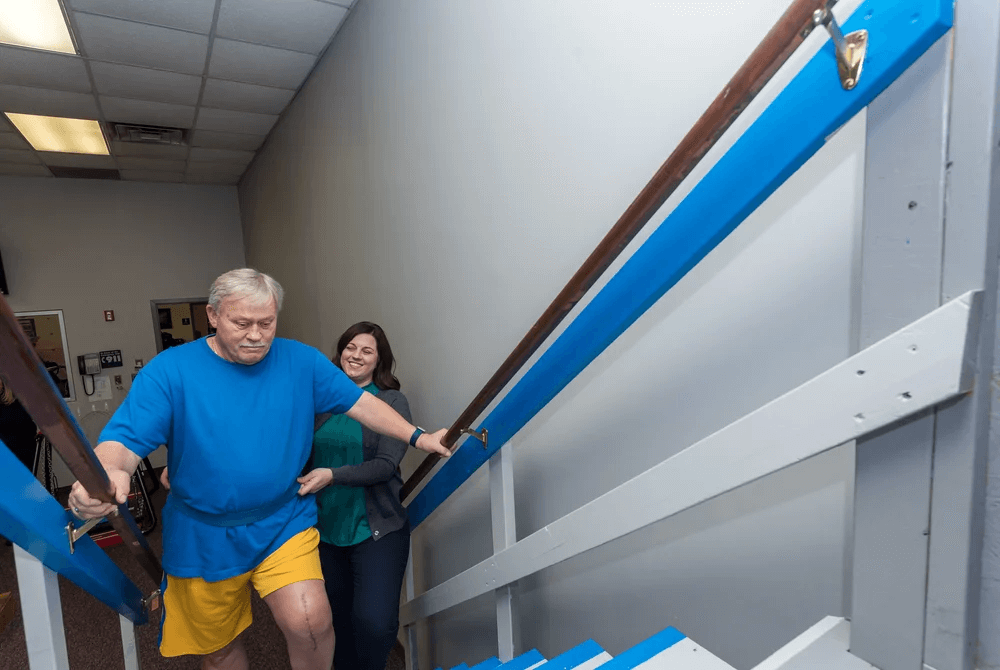
Joint replacement is a major surgery, and without a proper healing and recovery, you are at greater risk for developing persistent functional deficits and muscle weakness. Recent research has indicated that joint replacement physical therapists can help improve your long-term surgery outcome. Physical therapists are a key part of your health care team, who can collectively help you recover from surgery and regain mobility, safely and effectively. If you are planning to have any of the following procedures or have recently had surgery, you may benefit from our personalized joint replacement therapy:
- Total or partial knee replacement
- Total or partial shoulder replacement
- Reverse total shoulder replacement
- Total or partial hip replacement
- Finger or toe joint replacements
- Ankle replacements
- Joint replacement revisions
Before surgery
Starting physical therapy before a joint replacement strengthens the surrounding muscles, improves joint mobility, and addresses movement patterns ahead of time. This leads to smoother postoperative recovery, reduced pain, and a faster return to daily activities. Prepare for what to expect after surgery with exercises, safety techniques, and mobility you’ll need as you heal.
Assessment
If you are seeing us before your surgery, we will first identify your deficits in joint motion, muscle strength and gait/walking.
Presurgical Therapy
The better shape you are in, the more you can help ensure a better outcome after surgery. In fact, a recent study indicated that even a single visit with a physical therapist can help reduce the need for short-term care following a joint replacement. Your therapist can help you better prepare for your surgery in many ways, including teaching you strengthening and flexibility exercises.
Education
Your therapist will educate you in the rehabilitation expectations and goals following your surgery. This includes prescribing a home exercise program, how to properly use a walker or other walking aids, discussing precautions for a safe home environment to minimize your fall risk as well as how to safely perform household chores, job duties and recreational activities.
After surgery
Immediately after your joint replacement, you will begin outpatient therapy within the first few days. The goal during this initial recovery is to help your body begin healing. This includes managing pain, reducing swelling and letting the incision heal. It also includes learning to walk again and performing initial range of motion exercises.
Assessment
Whether you have seen us before your surgery or are having your first consultation after, we’ll first perform a detailed assessment of your mobility, strength and function.
Treatment Plan
We then develop your custom therapy plan using a variety of treatment interventions that may include range of motion and strengthening exercises, manual therapy techniques, balance training and functional training. In addition to hands on care, your therapist will help guide you through each phase of your rehabilitation with a home exercise program and suggestions for home modifications to promote safety and function.
Monitoring and Treatment
We monitor and treat postoperative pain during treatment sessions and provide guidance on how to manage your pain at home.
PERSONALIZED JOINT REPLACEMENT THERAPY
We have developed an in-depth approach to address the individual needs of your joint replacement therapy. Throughout treatment, we’ll also ask about your pain level to help avoid an increase in pain, which can inhibit your progress. Throughout treatment, you can feel free to ask your therapist and our other staff members any questions about your treatment. We appreciate your feedback and collaboration through your recovery journey.
STARTING JOINT REPLACEMENT THERAPY WITH TPTC
In West Virginia, patients have direct access to physical therapy, meaning you can schedule an appointment with a licensed physical therapist without needing a physician’s referral first. This allows you to begin treatment sooner, address pain or mobility issues quickly, and take a more proactive approach to your health. However, it’s important to confirm the requirements of your individual insurance plan, as some providers may still require a referral for coverage or reimbursement. Checking ahead ensures you can take full advantage of timely care while avoiding unexpected costs.

Teays Physical Therapy Center is proud to be part of the H2 Health network, a nationwide family of rehabilitation clinics committed to delivering high-quality, patient-centered care. By being backed by H2 Health, Teays benefits from shared clinical expertise, advanced continuing education, and access to innovative treatment approaches that elevate the patient experience. This connection allows the team to combine the personalized attention of a local clinic with the strength, resources, and support of a larger organization—ensuring patients receive consistent, evidence-based care designed to help them recover stronger and maintain long-term wellness.
